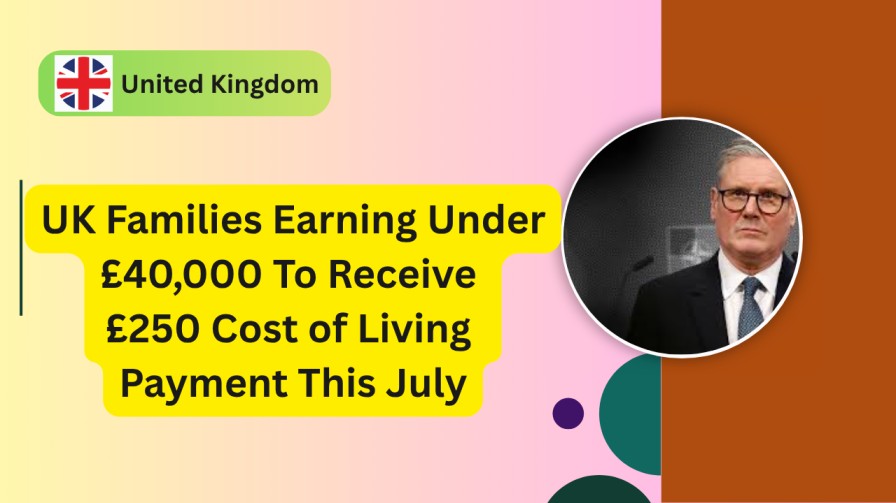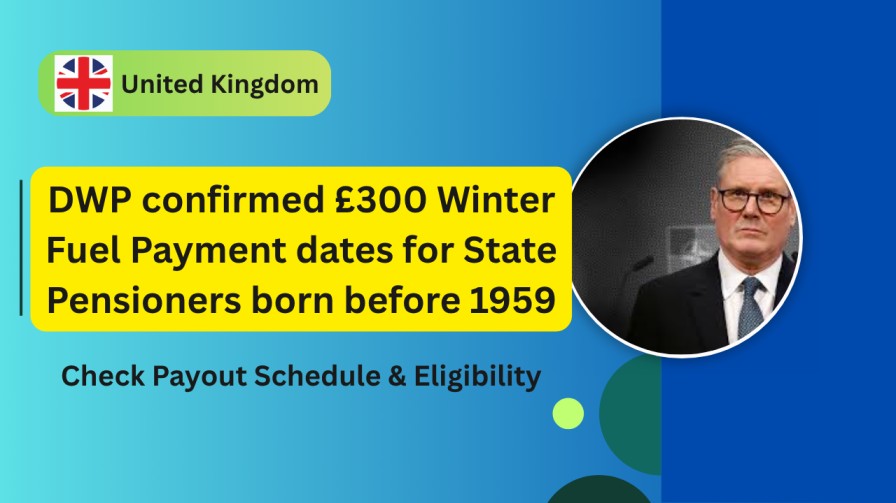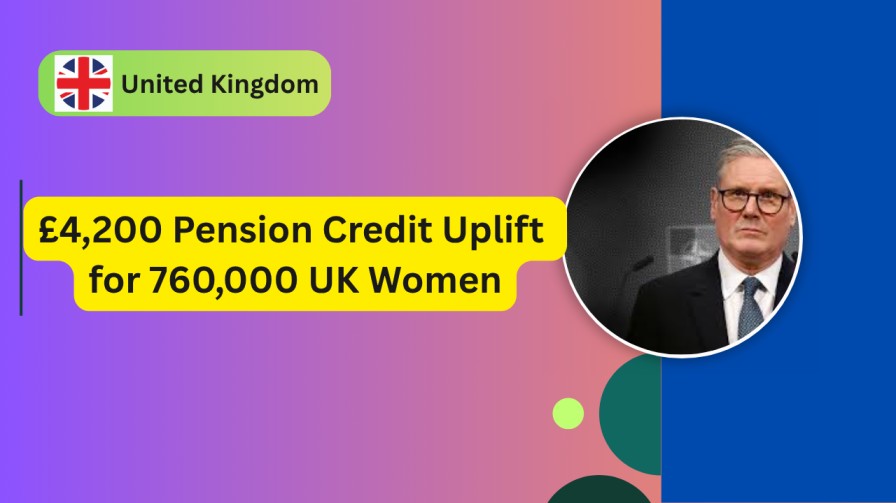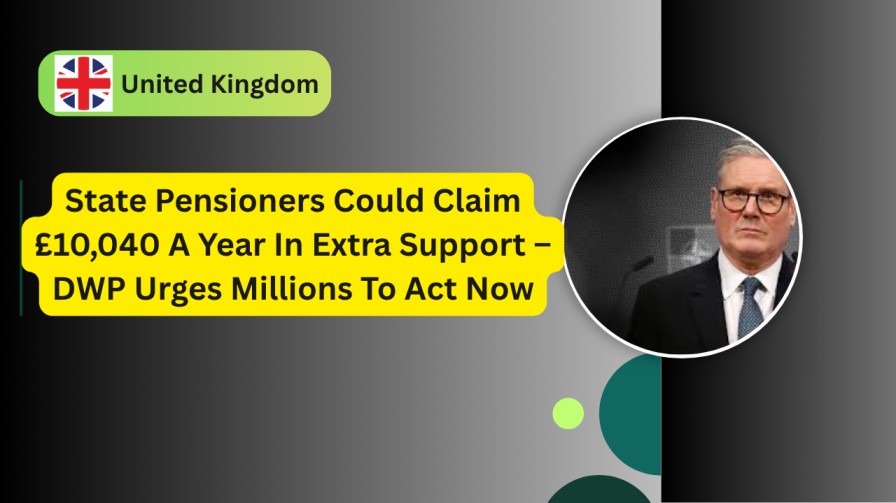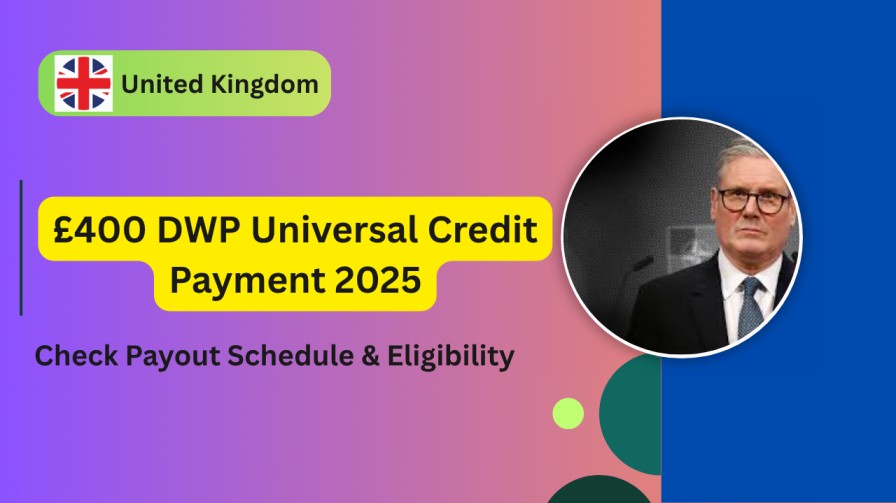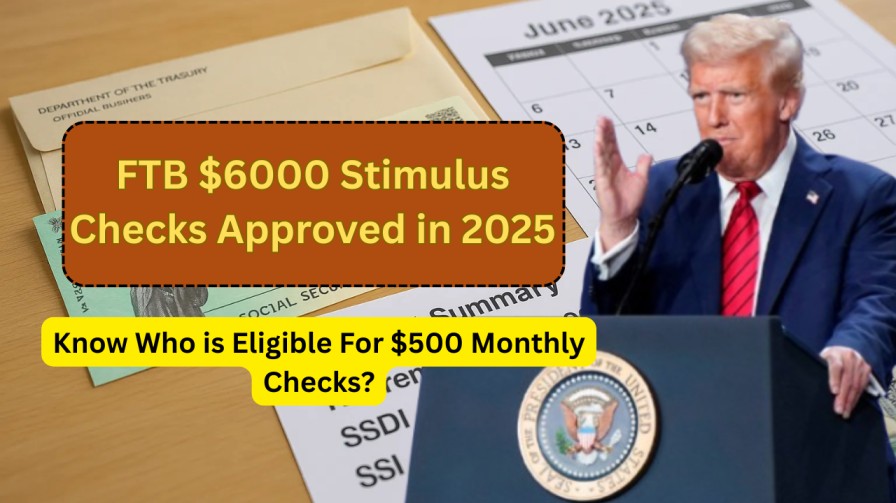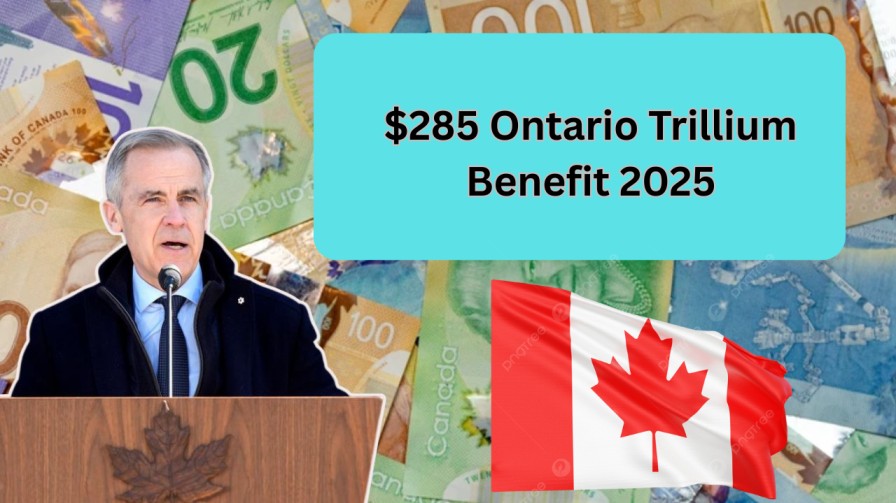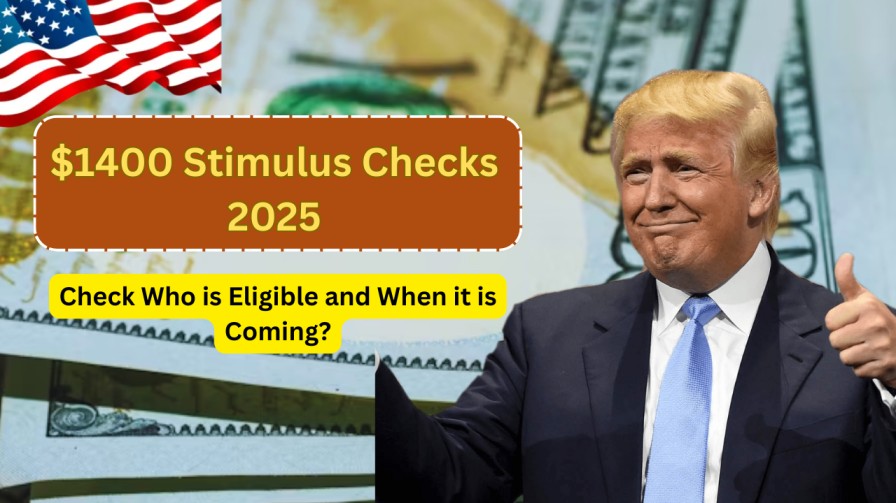The rising cost of living is something that’s weighing heavily on many across the UK right now. To ease some of the pressure, the government has announced a £250 cost of living payment aimed at households with an annual income of less than £40,000. It’s definitely a much-needed lifeline for those struggling to make ends meet.
This payment is part of the seventh phase of the Household Support Fund, which has been extended all the way through to March 31, 2026. It’s backed by the Department for Work and Pensions (DWP) and distributed via local councils. The goal is to help families cover essential daily expenses and stay afloat in these challenging times.
What is the £250 Cost of Living Payment?
So, what exactly is this £250 boost? It’s a one-off payment designed to assist households most at risk of financial hardship. Unlike universal payments, this isn’t available to everyone. Instead, eligibility is determined by individual councils based on specific funding criteria.
The payment can be used for various essential needs, including:
- Food and energy bills
- Housing and water costs
- Internet and phone charges
- Clothing and transportation expenses
- White goods like fridges or washing machines (sometimes provided directly, not as cash)
Some councils might offer specific items, like white goods, to ensure that the funds go towards meeting essential needs.
Who Is Eligible for the £250 Payment?
To qualify, you must meet specific income and asset requirements and show evidence of financial hardship. Each council has the flexibility to set its own criteria, but here’s a general idea of what’s expected:
| Eligibility Criteria | Details |
|---|---|
| Income | Less than £40,000 per year (net) |
| Savings | Less than £1,000 |
| Residency | Must live in a participating council area |
| Proof of Hardship | Must show evidence of financial difficulty |
| Required Documents | Proof of income, bank statements, utility bills |
For example, Enfield Council requires bank statements, income proof, and utility bills to determine eligibility for energy or water bill support.
Who Else Can Get the £250?
Aside from income-based eligibility, certain benefit claimants can also receive the £250 payment. If you were receiving any of the following benefits between January 15 and February 28, 2025, you may qualify:
- Universal Credit
- Income-based Jobseeker’s Allowance
- Income-related ESA (Employment and Support Allowance)
- Income Support
- Working Tax Credit
- Child Tax Credit
- Pension Credit
- Personal Independence Payment (PIP)
- Disability Living Allowance (DLA)
- Attendance Allowance
This is the first time that PIP, DLA, and Attendance Allowance recipients have been included in the scheme, acknowledging the extra financial burdens that come with long-term illness or disability.
Payment Schedule and Method
Eligible households can expect to receive the payment between July 17, 2025, and July 30, 2025. It will be paid directly into bank accounts, and while there could be minor delays, most payments should be completed by the first week of August.
It’s important to note that no cheques or vouchers will be issued. So, make sure your local council has your correct bank details and contact information.
Why Does This Matter?
With inflation driving up costs for energy, housing, and groceries, many low- and middle-income families are feeling the squeeze. The £250 payment aims to:
- Prevent families from falling behind on bills
- Cover essential costs like food and transportation
- Provide a safety net for vulnerable groups at higher risk of financial crisis
By allowing councils to customize the support for local needs while maintaining a national framework, the DWP ensures that the assistance reaches those who need it most.
What You Should Do Now
If your household income is under £40,000, here’s what you can do to ensure you don’t miss out:
- Check your local council’s website for application instructions
- Gather required documents, such as proof of income and utility bills
- Apply early to avoid delays when the payment window opens in July 2025
The earlier you prepare, the quicker you’ll receive your payment.
This £250 cost of living boost provides timely, targeted support to help UK households manage rising expenses. If you meet the eligibility criteria, don’t wait—check your council’s website and get those documents ready so you can receive this vital payment in July 2025.
FAQs
Who qualifies for the £250 cost of living payment in July 2025?
Households earning under £40,000 per year or those receiving qualifying benefits like Universal Credit, PIP, ESA, or Child Tax Credit.
How will the payment be issued?
The payment will be made via direct bank transfer between July 17 and July 30, 2025. No vouchers or cheques will be issued.
What documents are needed to apply?
Most councils will ask for proof of income, recent bank statements, and utility bills to verify your eligibility and financial hardship.
